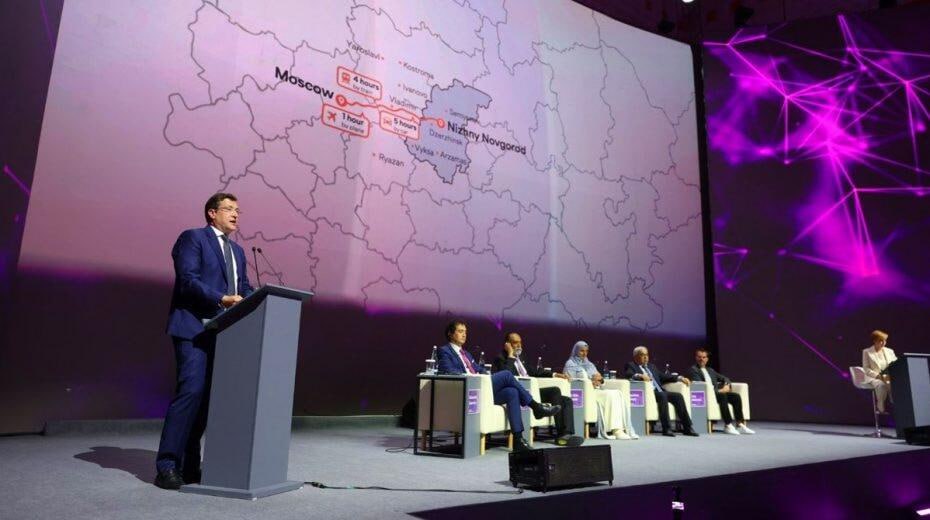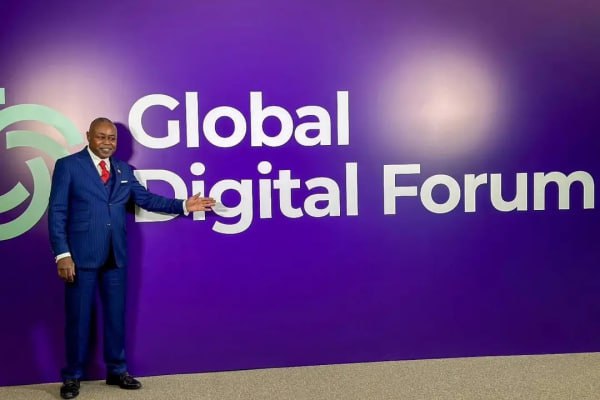Глобальный цифровой форум, который состоялся 5 и 6 июня в Нижнем Новгороде привлёк внимание зарубежных журналистов и стал поводом для обсуждения не только технологий, но и международных взаимоотношений. Один из самых ярких материалов - колонка Пепе Эскобара, в которой он рассуждает о роли России в новом цифровом мире и задаёт неудобные вопросы Западу.
Пепе Эскобар, журналист из Бразилии, побывал на Глобальном цифровом форуме в России и поделился впечатлениями в своей колонке. Его особенно заинтересовала тема фактчекинга — на площадке форума представили международную сеть по проверке фактов, созданную ТАСС, «Диалог Регионы» и «Мастерской новых медиа». На сессии говорили о фейках, которые нередко распространяют даже государственные структуры.
Эскобар отметил выступление Марии Захаровой, которая говорила о важности борьбы за правду. Он вспомнил цитату Ницше — «Нет фактов, есть только интерпретации» — и связал её с современными вызовами. По его словам, отход от официальной позиции в Европе может привести к санкциям, вплоть до заморозки счетов.
Особое внимание журналист уделил визиту отца Илона Маска на форум «Будущее 2050». Тот сравнил Москву с новой столицей мира. Эскобар предполагает, что это может быть частью попытки Кремниевой долины укрепить связи с Россией. Он напоминает: за такими контактами стоят фигуры вроде Илона Маска и Питера Тиля — инвесторы, влияющие на ИИ, финансы и цифровой контроль.
Колонка Эскобара затрагивает и «глубинное государство» США: от Палантир с её контрактами на ИИ-решения до связки Трампа и Маска, которой, по мнению автора, выгодна технологическая вседозволенность. Он пишет, что 10-летний мораторий на регулирование ИИ в США открывает дорогу для манипуляций и подмены реальности.
На фоне этого он задаётся вопросом — как бороться с технофеодализмом, где ИТ-компании управляют информацией, политикой и деньгами? Ответ он ищет в России. Эскобар ссылается на интервью с Сергеем Карагановым, который говорит о культурных корнях Евразии: от скифов и Византии до наследия Монгольской империи.
Россия, по Караганову, может противостоять техноварварству через «сибиризацию» — поворот к востоку и укрепление собственных цивилизационных основ. Именно здесь, считает Эскобар, есть шанс на альтернативу глобальной техноолигархии.




